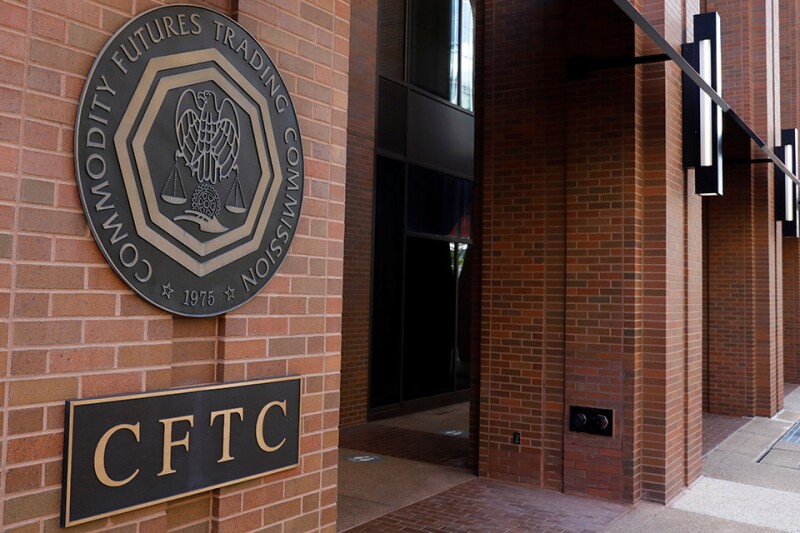
FX prop trading firms have had a rough ride of late. Longstanding concerns around the number of traders who actually make any money have been heightened by the recent decision of the Commodity Futures Trading Commission (CFTC) to charge Muhammad Murtuza Kazmi and his entities – including Traders Global and (collectively known as) My Forex Funds – with fraudulently soliciting customers to trade leveraged, margined or financed retail foreign exchange, and leveraged retail commodity transactions.
The CFTC alleges that the firm offered retail customers the opportunity to use Traders Global’s money to trade against third-party liquidity providers, when Traders Global was the counterparty to most customer trades.
David Dombrowsky, chief executive and founder of FX2 Funding, says conflict-of-interest policies and, potentially, restrictions of trading desks acting as prop firms could help ensure separation between counterparties and third-party liquidity providers. Transparency policies and audits would also help, he adds.
Prop firms tend to function in a similar way to a broker, which has the choice between an A-book model, where all client orders are transmitted directly to the liquidity provider, and a B-book model, where the broker operates as a market-maker.
